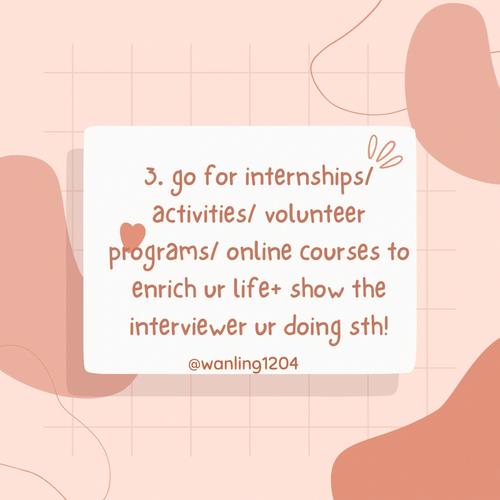How to Go to Uni: A Comprehensive Guide
Embarking on the journey to university is an exciting yet daunting task. Whether you’re a high school graduate or a mature student, understanding the process and requirements can make the transition smoother. This guide will walk you through the various aspects of going to uni, from choosing the right course to navigating financial aid and campus life.
Choosing the Right University and Course
One of the first steps in going to uni is selecting the right institution and course. Consider the following factors to make an informed decision:

- Location: Do you prefer a city or a rural setting? Proximity to home, climate, and access to amenities are important considerations.
- Course Content: Ensure the course aligns with your academic interests and career goals. Research course modules, assessment methods, and potential career paths.
- University Reputation: Look into the university’s ranking, academic resources, and alumni success stories. A reputable institution can enhance your employability.
- Accreditation: Verify that the course is accredited by a recognized body, ensuring the quality of education and potential recognition by employers.
Application Process
Once you’ve chosen a university and course, it’s time to apply. Here’s a step-by-step guide to help you through the process:
- Research Entry Requirements: Check the university’s website for specific entry requirements, such as academic qualifications, standardized test scores, and personal statements.
- Complete the Application Form: Fill out the application form accurately and submit it before the deadline. Some universities may require additional documents, such as letters of recommendation or a portfolio.
- Prepare for Interviews: If you’re shortlisted for an interview, prepare by researching the university and course, practicing common interview questions, and dressing appropriately.
- Accept the Offer: Once you receive an offer, carefully review the terms and conditions. If you accept, you’ll need to pay a deposit to secure your place.
Financial Aid and Scholarships
University education can be expensive, but there are various financial aid options available to help you manage costs:
- Student Loans: Research government student loan schemes and eligibility criteria. These loans can cover tuition fees and living expenses.
- Scholarships: Look for scholarships offered by universities, government bodies, and private organizations. These can be based on academic achievement, community service, or specific fields of study.
- Part-Time Work: Consider working part-time during your studies to supplement your income. Many universities offer job placement services to help students find suitable employment.
- Grants and Bursaries: Explore grants and bursaries available for students from specific backgrounds or with particular needs.
Accommodation and Living Arrangements
Accommodation is an important aspect of university life. Here are some options to consider:
- University Halls of Residence: These are the most common accommodation options, offering a mix of single and shared rooms. They often include meal plans and are located on or near campus.
- Private Accommodation: If you prefer more independence, you can rent a flat or house off-campus. This option requires more responsibility but can be more cost-effective in the long run.
- Homestay: Some universities offer homestay arrangements, where you live with a local family. This can be a great way to immerse yourself in the local culture and improve your language skills.
Preparation for University Life
Before starting your university journey, it’s essential to prepare yourself for the academic and social challenges ahead:
- Academic Preparation: Familiarize yourself with the course materials and study techniques. Attend orientation sessions and workshops offered by the university.
- Time Management: Develop good time management skills to balance your studies, social life, and personal responsibilities.
- Health and Well-being: Take care of your physical and mental health by maintaining a healthy lifestyle, seeking support when needed, and utilizing university resources such as counseling services.
-